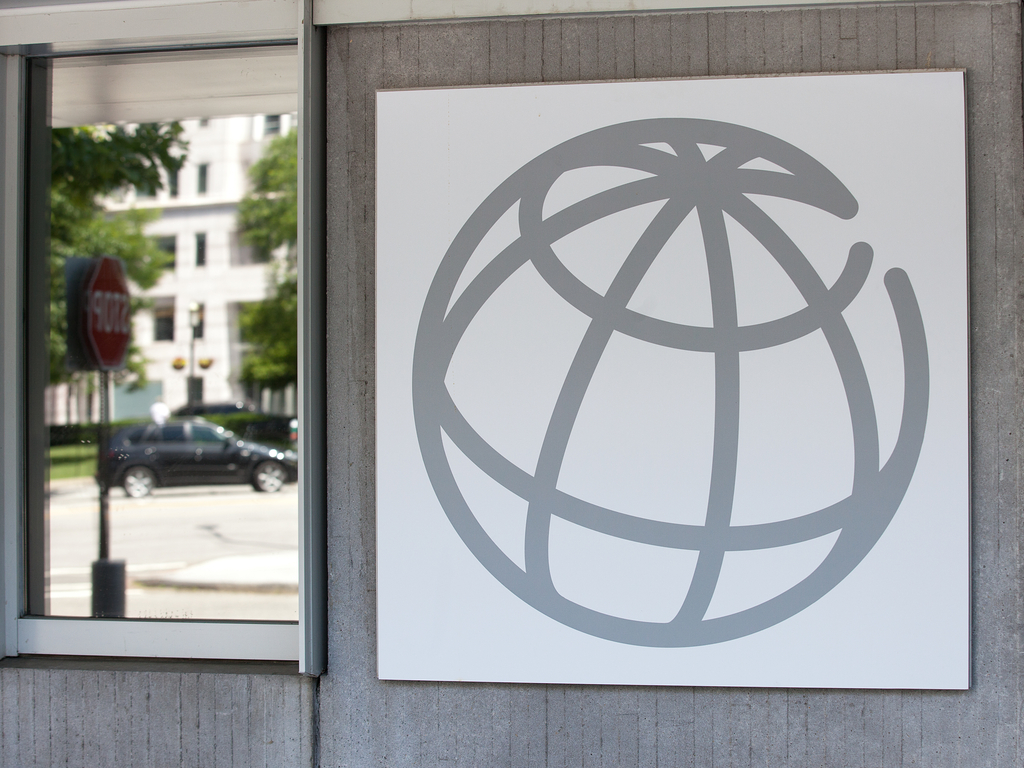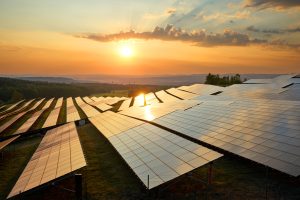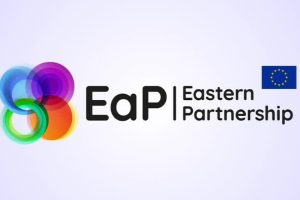The World Bank and the Ministry of Housing and Communal Services (MHCS) co-hosted a roundtable to discuss water supply and sanitation sector reform priorities to promote sustainable service delivery in Uzbekistan, the WB’s press service said.
Development partners including Swiss State Secretariat for Economic Affairs (SECO), Swiss Agency for Development and Cooperation (SDC), Asian Development Bank (ADB), European Commission, and French Agency for International Development participated in the event, along with other representatives from the Government including Ministry of Finance and State Committee for Investments.
“To improve the delivery of utility services to the population, the Government takes measures to modernize water supply and sewage systems across the country using public and foreign investment into the sector. For this end, in 2017–2018, public funds totaling over UZS1.2 trillion were allocated from the state budget. It is expected that over 450,000 citizens will get better access to safe drinking water after the completion of construction works and launch of new water supply facilities in 2018”, said Minister of Housing and Communal Services Muzaffar Saliev.
Participants discussed key issues identified by the MHCS in their sector analysis, including qualification and skills gaps for sector professionals, motivation and incentives for SUE Suvokova staff, corporate Governance arrangements including personnel performance evaluation systems, high energy consumption and water losses, information and communication systems, asset management and inefficient tariff policies and procedures.
It was noted during the meeting that whilst water tariffs in Uzbekistan have been increasing, they are still amongst the lowest in the World. At current rates, the utilities cannot fully cover their operating and maintenance costs and invest into service expansion. The participants highlighted the urgent need to change the tariff policy to improve the financial sustainability of the sector.
The participants highlighted that efforts should continue to focus on efficiency gains related to metering (over 2 million households still remain unmetered, or 56 percent of all consumers in the country), non-revenue water (in 2017, reported loss reached 469 million m3, or 32 percent of total water production, that at today’s average tariff equals to $37.5 million of lost revenue) and energy use (640 million kWh were consumed by the Suvokova in 2017, or around 1.2 percent of total electricity consumption in the country, that at today’s average energy price equals to $19.5 million). For instance, if SUE Suvokova invests in energy efficient technologies, it will result in savings $30-40 million over a 5-year period, and savings over $100 million will be reached as energy prices increase.
Nowadays, 17.3 million people (53 percent of all consumers) have access to water supply services through SUE Suvokova. Meanwhile, estimated 6.4 million people (19 percent) get services from other providers, and some 9.1 million (28 percent) don’t have access to water supply services or rely on self-supply. The roundtable also considered Swiss experience of community-based service provision in rural areas and the need to develop a regulatory framework for alternative service providers.
“The World Bank believes that there is a need to address the issues of the water supply and sanitation sector’s sustainability on a more systematic basis. Therefore, we are shifting away from classical infrastructure projects to a program of investments into policy, institutional and infrastructure improvements strongly linked to the Government’s sector reforms” said David Lord, Senior Water Supply and Sanitation Specialist, World Bank.
“Unless we address binding constraints surrounding utilities, they will not be able to achieve progress in service improvements. The new Water Services and Institutional Support Program to be launched in 2019 with the assistance of the World Bank is designed to strengthen the enabling environment and capacity of both national and regional sector institutions”, added David Lord.
The roundtable helped to foster a shared understanding of the water supply and sanitation sector development and coordinate distribution of technical support from international partners for the reform process in the country.
In Uzbekistan, the World Bank is implementing 18 projects totaling over $ 3.3 billion with the aim to support the Government’s ambitious social and economic reforms. These projects support macroeconomic reforms, development of agriculture and water resources management, healthcare, education, water supply and sanitation, energy, transport, and urban sectors. They contribute to the country’s economic growth and higher living standards for the people of Uzbekistan.




